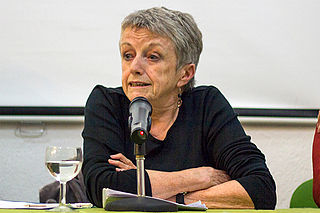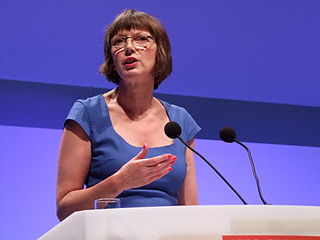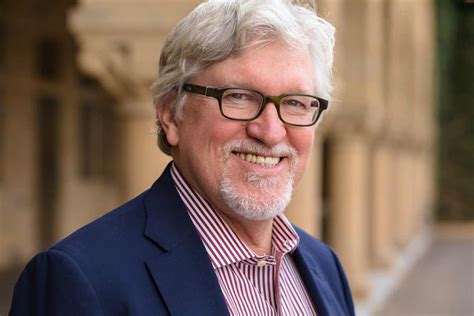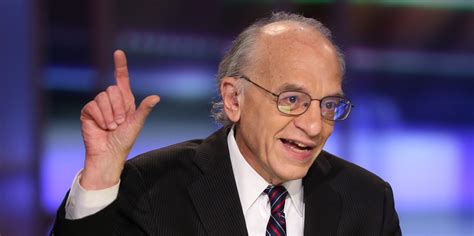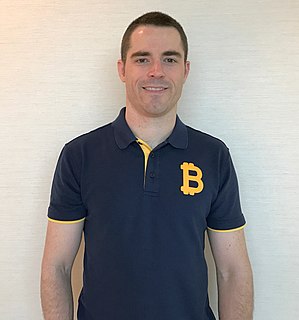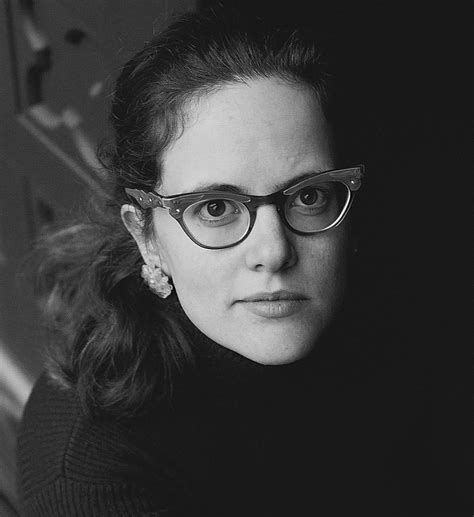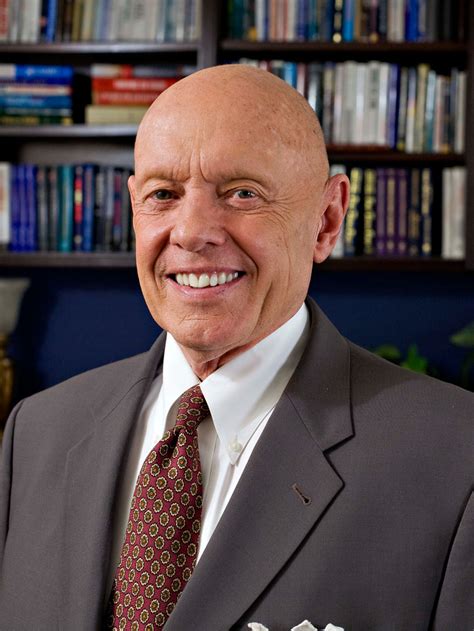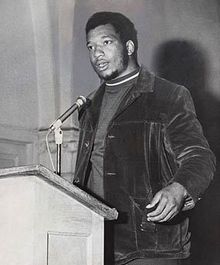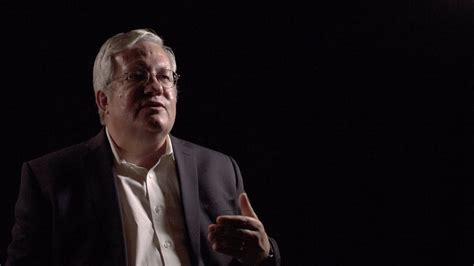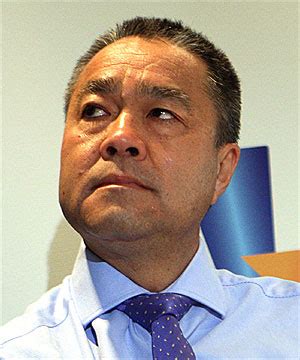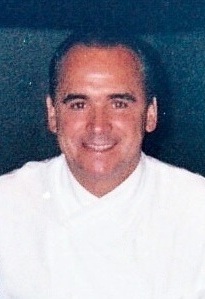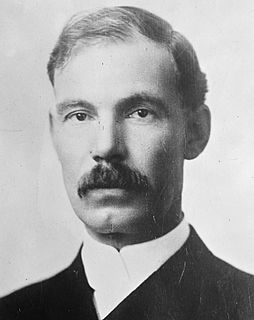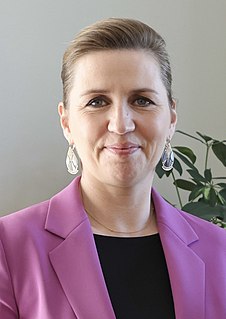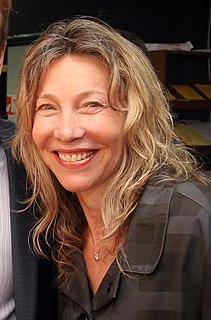Top 1200 Free Market Capitalism Quotes & Sayings - Page 19
Explore popular Free Market Capitalism quotes.
Last updated on December 19, 2024.
Incidentally, I don't think there is a non-adjectival 'globalisation'. What we have now is a particular form: dominated by finance and multinational corporations and by a rhetoric (though not a reality) of 'free trade' and market forces. So I'm not a localist. I'm an internationalist, but one who believes (a) that such a thing is really only possible through a prior grounding and (b) that the terms of our present globalisation have to be challenged politically.
Some of the colonizers do understand and quickly retreat, while some, because they are stupid, continue colonizing others, increasing the suffering, deaths, injuries, defeat and humiliation. The people colonized by Abyssinia will be free. Eritrea will be free, and they cannot refuse to let them be free. Western Somalia will be free, and they cannot refuse to grant it freedom. The numerous Abo will be free because this is history, and no one can prevent the sunshine from reaching us.
Obamacare does much more than provide coverage to the previously uninsured - it improves the quality of coverage for all of us. Critical cancer and other health screenings are free. Women and people with disabilities or chronic conditions are no longer charged more - or priced out of the market altogether.
To paraphrase Karl Marx, the great Karl Marx, a specter is haunting the streets of Copenhagen...Capitalism is the specter, almost nobody wants to mention it...Socialism, the other specter Karl Marx spoke about, which walks here too, rather it is like a counter-specter. Socialism, this is the direction, this is the path to save the planet, I don't have the least doubt. Capitalism is the road to hell, to the destruction of the world.
One of the reasons the United States has actually been reducing its emissions in recent years is actually that there's been a boom in natural gas. It's displacing coal. It emits less carbon dioxide when you burn it. This is not really an Obama policy. It's just something that happened because of technology and the free market.
The food we eat masks so much cruelty. The fact that we can sit down and eat a piece of chicken without thinking about the horrendous conditions under which chickens are industrially bred in this country is a sign of the dangers of capitalism, how capitalism has colonized our minds. The fact that we look no further than the commodity itself, the fact that we refuse to understand the relationships that underly the commodities that we use on a daily basis. And so food is like that.
Mounting a campaign against plutocracy makes as much sense to the typical Washington liberal as would circulating a petition against gravity. What our modernized liberal leaders offer is not confrontation but a kind of therapy for those flattened by the free-market hurricane: they counsel us to accept the inevitability of the situation.
It can be shown that maximum diversification is achieved by holding each stock in proportion to its value to the entire market (italics added)... Hindsight plays tricks on our minds... often distorts the past and encourages us to play hunches and outguess other investors, who in turn are playing the same game. For most of us, trying to beat the market leads to disastrous results... our actions lead to much lower returns than can be achieved by just staying in the market.
The reason we have so much talent in Silicon Valley building and investing in for-profit technology companies is that markets richly reward successful ideas, no matter who invents them. But to remain competitive in a free market, companies must exercise discipline to meet quantitative goals and eventually become cashflow positive.
Scholars have endlessly written about antebellum Protestant thinking about slavery. Now, finally, Friends of the Unrighteous Mammon turns a spotlight on a new, crucial question: how did antebellum Protestants parse capitalism? For anyone who seeks to understand the political economy of the antebellum era-or, indeed, the complex entanglement of Christianity and capitalism today-this book is critical. I, for one, am very grateful to Stewart Davenport for having written it.
We got to face some facts. That the masses are poor, that the masses belong to what you call the lower class, and when I talk about the masses, I'm talking about the white masses, I'm talking about the black masses, and the brown masses, and the yellow masses, too. We've got to face the fact that some people say you fight fire best with fire, but we say you put fire out best with water. We say you don't fight racism with racism. We're gonna fight racism with solidarity. We say you don't fight capitalism with no black capitalism; you fight capitalism with socialism.
The enormous dynamic and creative, as well as destructive energy of capitalism... is written up with more praise and more respect by Marx and Engels in the 1848 Communist Manifesto than probably by anyone since. I don't think anyone has ever said so precisely and with such awed admiration how great capitalism is, how inventive, how innovative, how dynamic, how much force of creativity it unleashes.
The free market exists to promote prosperity and human life, and that is what it has accomplished, splendidly, with breathtaking brilliance. In the industrialized world, the average person today enjoys a standard of living superior to that of kings and emperors of the past. The whole world's population is capable of enjoying the same marvelous results, if it adopts economic freedom.
The State certainly played a decisive role. I also believe that it may have stemmed from the rivalry itself. Grow or die, devour or die. That's the one problem that I have to wrestle with. I have to wrestle with whether or not rivalry in the free market does not ultimately lead to concentration, corporatism, and finally totalitarianism.
In the usual (though certainly not in every) public decision on economic policy, the choice is between courses that are almost equally good or equally bad. It is the narrowest decisions that are most ardently debated. If the world is lucky enough to enjoy peace, it may even one day make the discovery, to the horror of doctrinaire free-enterprisers and doctrinaire planners alike, that what is called capitalism and what is called socialism are both capable of working quite well.
It was only in the late nineteenth century and then the twentieth century, with the maturation of consumer capitalism, that a shift was made toward the cultivation of unbounded desire. We must appreciate this to realize that late modern consumption, consumption as we now know it, is not fundamentally about materialism or the consumption of physical goods. Affluence and consumer-oriented capitalism have moved us well beyond the undeniable efficiencies and benefits of refrigeration and indoor plumbing.
I imagine you already know that I am much more socialistic in my economic theory than capitalistic. And yet I am not so opposed to capitalism that I have failed to see its relative merits. It started out with a noble and high motive, to block the trade monopolies of nobles, but like most human systems it falls victim to the very thing it was revolting against. So today capitalism has outlived its usefulness. It has brought about a system that takes necessities from the masses to give luxuries to the classes.
Obama is already setting a new historic course by reorienting the economy from private consumption to public investments... Rightwing pundits bemoan the evident intention of Obama and team to 'tell us what kind of car to drive'. Yet that is exactly what they intend to do...and rightly so. Free-market ideology is an anachronism in an era of climate change.
During the last dozen years the tales of suppression of free assemblage, free press, and free speech, by local authorities or the State operating under martial law have been so numerous as to have become an old story. They are attacked at the instigation of an economically and socially powerful class, itself enjoying to the full the advantages of free communications, but bent on denying them to the class it holds within its power.
Ridiculous as our market volatility might seem to an intelligent Martian, it is our reality and everyone loves to trot out the 'quote' attributed to Keynes (but never documented): 'The market can stay irrational longer than the investor can stay solvent.' For us agents, he might better have said 'The market can stay irrational longer than the client can stay patient.'
Government, not the oil industry, is the biggest 'profiteer' from oil. And it uses the tax revenue to expand its own authority at the expense of the individual, as it does with an endless number of other industries - including electric power, coal, lumber, pharmaceuticals, automobiles, aircraft, and agriculture. The Statist's intrusion to the free market is boundless.
The free market is notorious for distributing resources in a highly unequal manner, with great concentrations of wealth at the top and poverty at the bottom. Our social programs, modest compared to those of many other Western countries, play an important role in redistributing some of those resources from the haves to the have-nots.
We often confuse or loosely use the ideas of crony capitalism or neoliberalism to actually avoid using the word "capitalism", but once you've actually seen, let's say, what's happening in India and the United States - that this model of US economics packaged in a carton that says "democracy" is being forced on countries all over the world, militarily if necessary, has in the United States itself resulted in 400 of the richest people owning wealth equivalent [to that] of half of the population.
